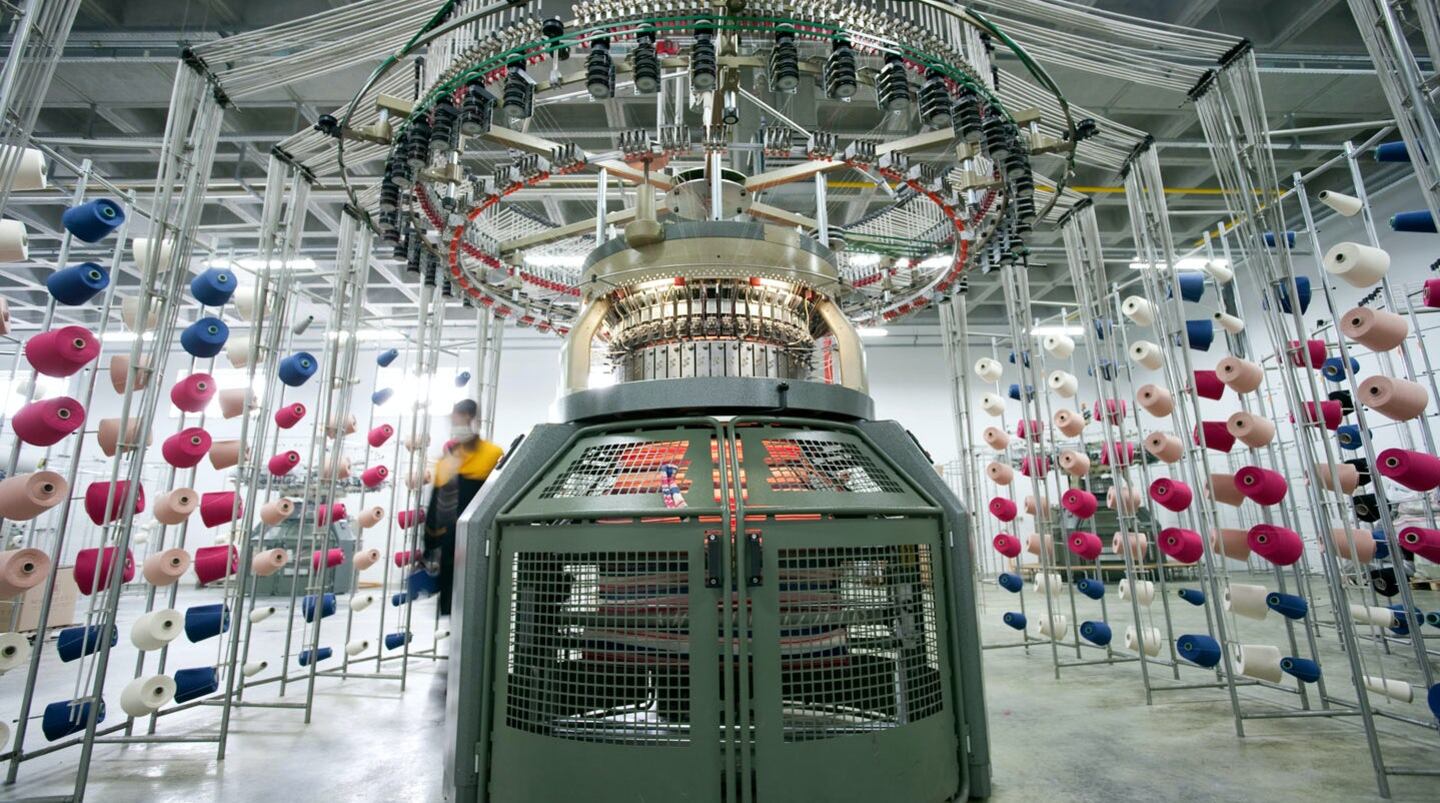
The Business of Fashion
Agenda-setting intelligence, analysis and advice for the global fashion community.

Agenda-setting intelligence, analysis and advice for the global fashion community.

JERUSALEM, Israel — Israel, a country often beset by drought, is home to a clutch of start-ups that help textile manufacturers keep chemicals out of the water supply.
Browzwear, with its headquarters in Singapore and an R&D hub in Raanana, Israel, builds 3D software to cut down design time, counting Adidas, Nike and Columbia Sportswear among its customers. Less time spent testing clothes means clients “wash nothing, throw nothing away, and avoid wasting water,” said Lena Lim, Browzwear’s commercial president.
That kind of conservation is important for an industry that accounts for about 8 percent of the world’s greenhouse gas emissions, according to Quantis, a sustainable business consultancy. It also is responsible for 20 percent of industrial water pollution, the World Resources Institute said.
“There’s consumer pushback on how much the industry is polluting,” and companies are reacting, Lim said. Patagonia, the environment-friendly sports clothing maker, donates 1 percent of its sales to environmental organisations. Casual-wear manufacturer Uniqlo started a recycling initiative in 2006.
ADVERTISEMENT
The environmental and social impacts of selling cheap clothes have come under scrutiny, with fashion designer Stella McCartney calling on business leaders and politicians to help the industry reduce its environmental impact.
“It’s clear the textile industry will become digital,” said Benny Landa, founder of Indigo, one of the world’s first digital printing companies, which HP bought for as much as $882 million in 2001. “Textile is one of the largest water polluters in China, so there are many reasons for the industry to go digital.”
Landa is an investor in Petah Tikva, Israel-based Twine, a digital thread-dying system using digital-printing technology, which eliminates the need for the big vats of color used in factories in China or India. The designer selects the color he seeks from a virtual inventory, and a spool of white thread fed into the printer-like system comes out in the requested shade.
The company, which doesn’t use water at all, just closed a funding round that included HP Tech Ventures and the UK-based thread manufacturer Coats Group.
Israel has a history of building printing companies. Kornit Digital, a manufacturer of digital inkjet printers for the textile industry, listed in the US in 2015. Scitex Digital Printing, a maker of high-speed inkjet printers, was sold to Eastman Kodak for $250 million in 2003.
Investors remain keen to tap into the new wave of digital printers, including those that can be used in the textile industry. Research firm Smithers Pira sees the market for digital printers growing to $3.75 billion in 2023, from $1.88 billion last year.
“Clusters of technology always grow together,” Landa said. “There’s a cluster of excellence that came out of Indigo and Scitex — most of the industry started with these two companies.”
Start-up Velox Digital last year became the first investment in Israel by German chemicals company Evonik Industries. Digital-printing start-up Highcon Systems, which focuses on printing for custom packaging, cutting down on waste and shipping costs, recently raised $20 million from regional investors.
ADVERTISEMENT
Amir Mizroch, director of communications at Start-Up Nation Central, a non-profit that promotes Israel’s tech industry, said he doesn’t expect giant fashion or retail technology companies to evolve locally. Instead, Israeli technology will continue to draw investment from companies such as Asos, Walmart and Amazon, encouraging these giants to set up development centres in Israel, he said.
By Gwen Ackerman; editors: Giles Turner, Riad Hamade, Michael S. Arnold.
Cotton linked to environmental and human rights abuses in Brazil is leaking into the supply chains of major fashion brands, a new investigation has found, prompting Zara-owner Inditex to send a scathing rebuke to the industry’s biggest sustainable cotton certifier.
Over the last few years, the run-up to Earth Day has become a marketing frenzy. But a crackdown on greenwashing may be changing the way brands approach their communications strategies.
This week, Sephora announced plans to double down on ‘green’ and ‘clean’ product labels, leaning into an increasingly risky marketing tactic even as a greenwashing crackdown has prompted other brands to pull back.
France is pressing ahead with a ‘game-changing’ bill that would impose a ‘sin tax’-style penalty on fast-fashion products as high as €10 per item by 2030.